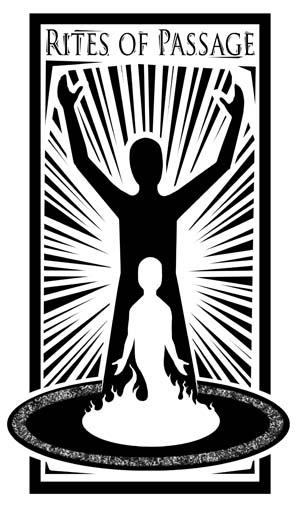Frederick Marx is an internationally acclaimed, Oscar and Emmy nominated director/writer with 40 years in the film business. He was named a Chicago Tribune Artist of the Year for 1994, a 1995 Guggenheim Fellow, and a recipient of a Robert F. Kennedy Special Achievement Award. His film HOOP DREAMS played in hundreds of theatres nationwide after winning the Audience Award at the Sundance Film Festival and was the first documentary ever chosen to close the New York Film Festival. It was on over 100 "Ten Best" lists nationwide and was named Best Film of the Year by critics Roger Ebert, Gene Siskel, Gene Shalit, and Ken Turran and by the Chicago Film Critics Association. Ebert also named it Best Film of the Decade. It is one of the highest grossing non-musical documentaries in United States history.
It has won numerous prestigious awards, including an Academy Nomination (Best Editing), Producer's Guild, Editor's Guild (ACE), Peabody Awards, the Prix Italia (Europe's top documentary prize) and The National Society of Film Critics Award. The New York, Boston, LA, and San Francisco Film Critics all chose it as Best Documentary, 1994. Utne Reader named it one of 150 of humanity's "essential works,” and the Library of Congress recently added it to its prestigious National Film Registry. HOOP DREAMS (1994) is the film that first interested Marx in the welfare of teenage boys. BOYS TO MEN? (2004) distributed by Media Education Foundation takes that as its central theme. BOYS BECOME MEN, now in production, is the sequel, pinpointing initiation and mentorship as the solutions to the problems teen boys face.
In 1993, Marx received an Emmy nomination for HIGHER GOALS (1992) for Best Daytime Children's Special. Producer, Director, and Writer for this national PBS Special, Marx directed Tim Meadows of "Saturday Night Live" fame. Accompanied by a curriculum guide, the program was later distributed for free to over 4,200 inner city schools nationwide. THE UNSPOKEN (1999), Marx's first feature film, features stellar performances from Russian star Sergei Shnirev of the famed Moscow Art Theatre, and Harry Lennix, most known for GET ON THE BUS, BOB ROBERTS, TITUS, ER, and MATRIX. A hobbyist songwriter, in 1991 Marx recorded a number of his songs collectively known as ROLLING STEEL. Two of those 11 songs are used over THE UNSPOKEN tail credits and one is used in BOYS TO MEN?. THE UNSPOKEN and ROLLING STEEL are available through this website.
Having worked for a time as an English and creative writing teacher, Marx began his movie career as a film critic, and has worked both as a film distributor and exhibitor. He has also traveled extensively. He's lived in Germany, China, and Hungary. He's traveled repeatedly through Western and Eastern Europe, North Africa and Himalayan India. With a B.A. in Political Science and an MFA in filmmaking, Marx has coupled his formal education with a natural gift for languages, speaking German and some Mandarin-Chinese. His interest in languages and foreign cultures is reflected in PBS' international human rights program OUT OF THE SILENCE (1991), the widely acclaimed personal essay DREAMS FROM CHINA (1989), and Learning Channel's SAVING THE SPHINX (1997). He consulted on Iranian-Kurdish director Bahman Ghobadi's feature TURTLES CAN FLY (2004) and was a teacher of renowned Thai feature filmmaker Apichatpong Weerasethakul.
Three of Marx's films premiered at the New York Film Festival. His films are distributed throughout the web, on Amazon, and elsewhere. Having dedicated his life to the making and promotion of independent films, Marx, a true maverick in the increasingly commercialized world of "independent cinema," continues to provide a voice of artistic and social integrity. He repeatedly returns to work with disadvantaged and misunderstood communities: people of color, abused children, the working poor, welfare recipients, prisoners, the elderly, and "at risk" youth. He brings a passion for appreciating multiculturalism and an urgent empathy for the sufferings of the disadvantaged to every subject he tackles. As his mission statement indicates ("Bearing witness, creating change"), his is a voice strong and clear, and profoundly human.









